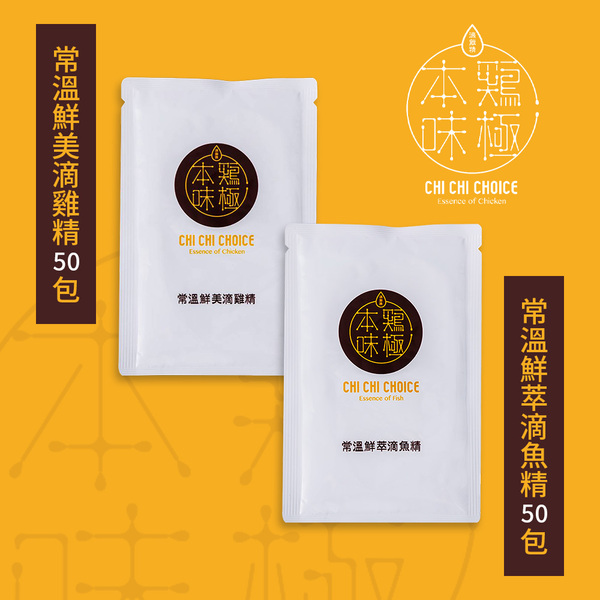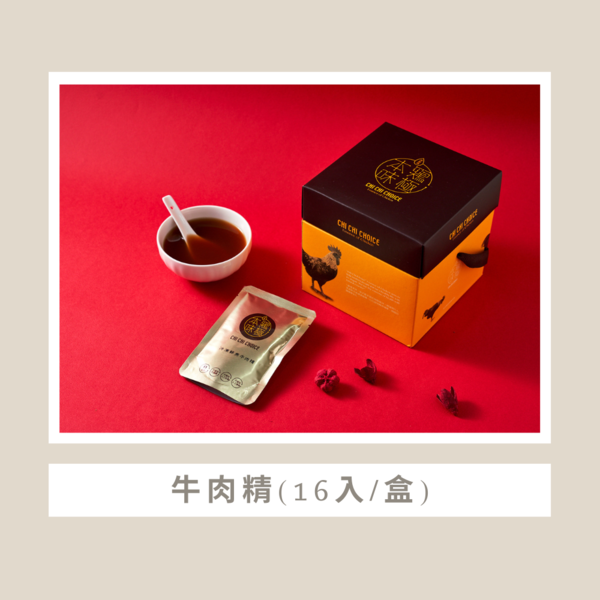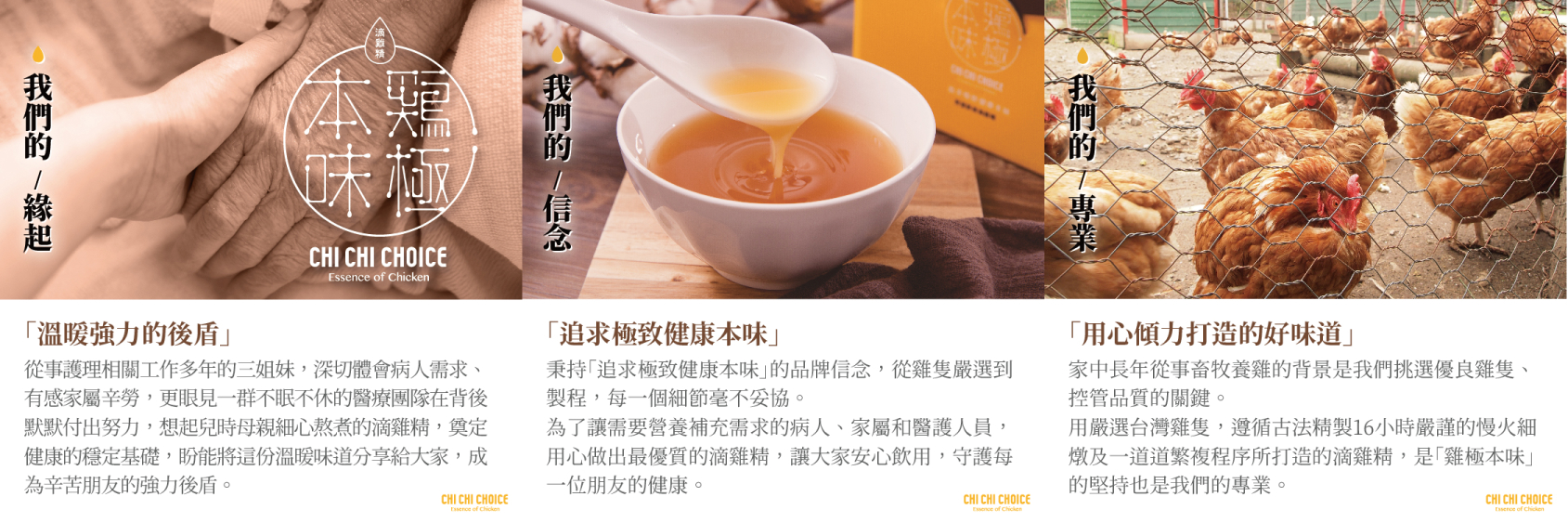
One of the most important proteins
Collagen is a very important protein in the human body, mainly found in connective tissue. Most people’s impression of collagen is that it makes the skin swell. In fact, collagen is also widely distributed in joints, corneas, blood vessels and many tissue structures and organs. It is used to maintain the normal structure of the body and organs. For various tissues and organs in the body all play an important role.
25-35% of the total protein in the human body is collagen, which is about 6% of the body weight. Taking a 50Kg woman as an example, the collagen in the body is about 3Kg, which is equivalent to six bottles of 500ml bottled water.
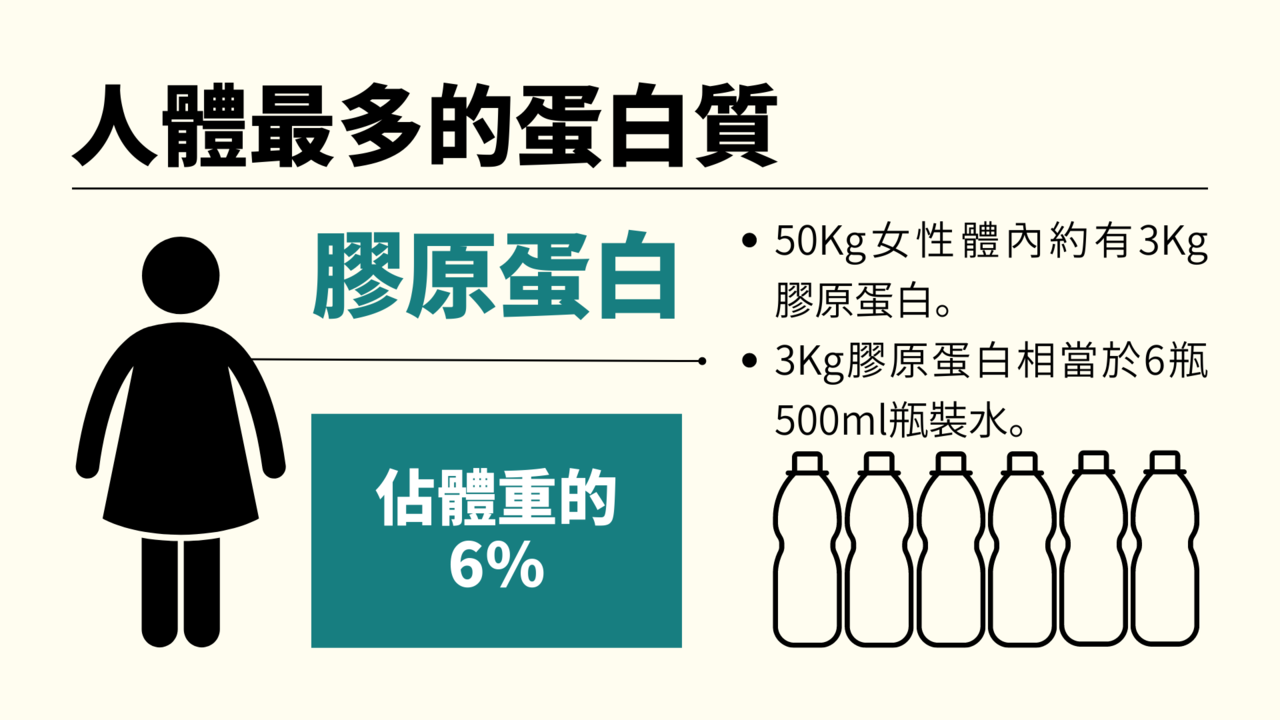
70% of the protein in the facial skin is collagen, and the collagen in the dermis will make the skin elastic and hydrated at the same time, so sufficient collagen can really help us take care of face.
Lost with age
Collagen in our body will continue to lose with age, starting from the age of 25 at an average rate of 6% per year, which is particularly sensitive to women, because estrogen in women can promote the synthesis of collagen However, the secretion of estrogen will also decrease year by year after the age of 25 in women. Without the help of estrogen to collagen, the appearance of women, especially the face and skin, will undergo obvious changes. It is no wonder that women must Do skin care frequently.
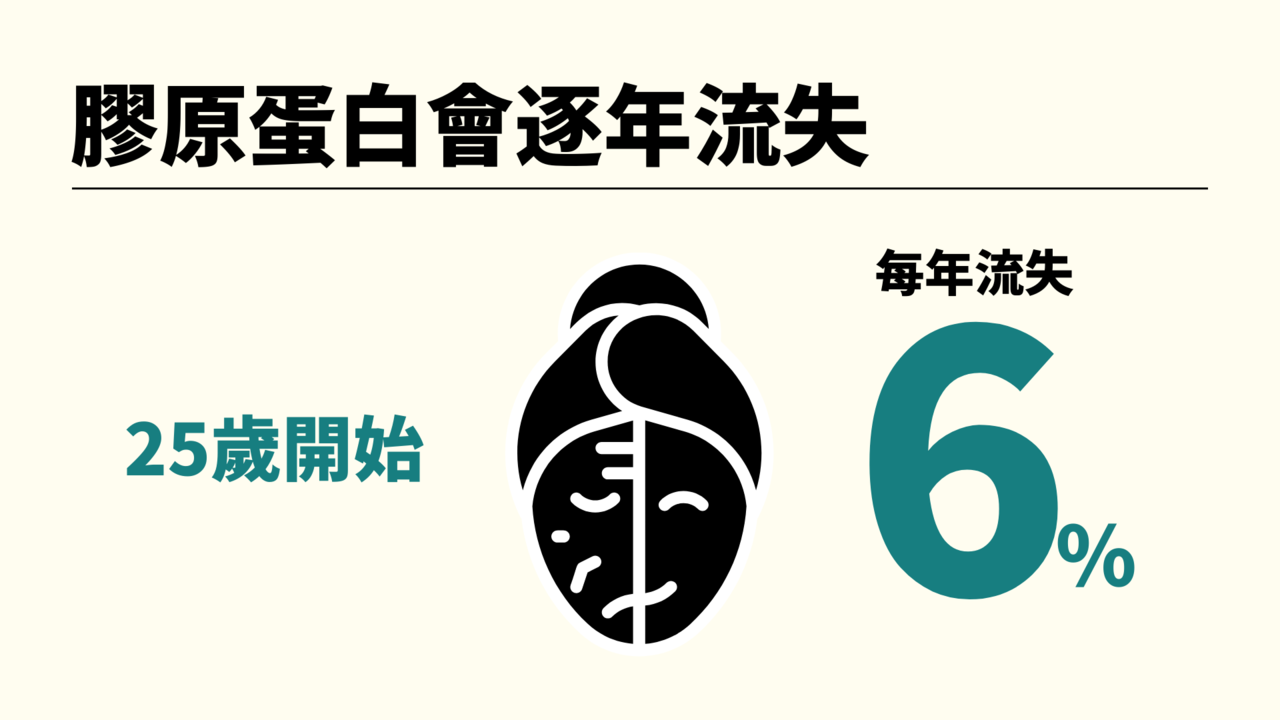
The disadvantages of collagen loss are not only manifested in the skin, but also affect bone health, making calcium easy to lose and form osteoporosis. The impact on the eyes is likely to cause retinal aging, cataracts, glaucoma, dry eyes and floaters. If it occurs in the joints, it will cause the joints to get stuck, the movement will not be smooth, and it will evolve into degenerative arthritis with age. What’s more serious, the vascular endothelial tissue is also composed of many collagens. When the collagen loss continues to affect the function of the endothelial tissue, it will cause blood pressure to rise and eventually become high blood pressure. After a long time, it may cause stroke and heart disease.
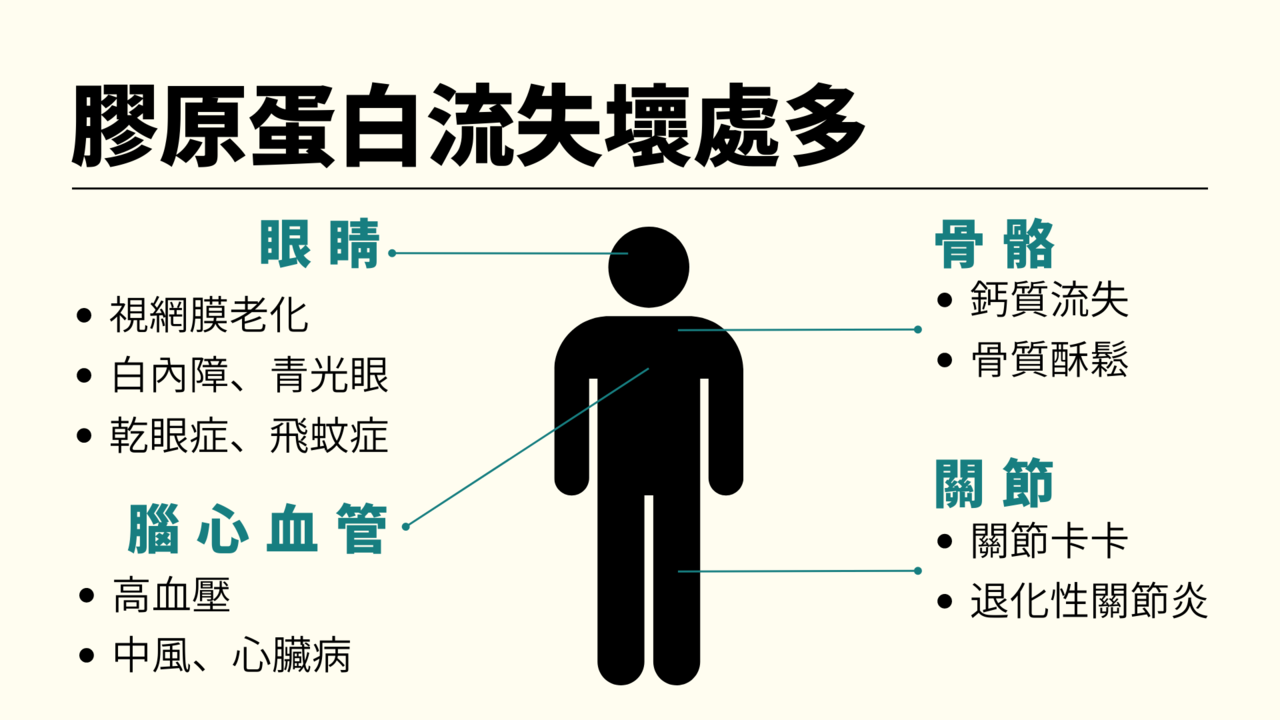
Nutrient intake needs to gather “collagen”
If you want to fight aging and avoid various aging-derived diseases, you must take in enough nutrients that can help collagen synthesis. The following is a list of several nutrients necessary for the body to synthesize collagen
1.Three Amino Acids
The three main amino acids that make up collagen are glycine, proline, and hydroxyproline.

Glycine: 1/3 of collagen is composed of glycine, which is also the amino acid with the smallest molecular structure. Glycine-rich foods include: cabbage, bamboo shoots, seaweed, seaweed, kombu, spinach, kale, cauliflower, bok choy, pumpkin, bananas, kiwi fruit, various meats, dairy products, eggs, fish, seafood class etc. You can also get glycine by drinking meat and bone broth.
Proline: accounts for about 15% of the collagen structure, and is the main component of collagen along with glycine. Proline-rich foods include: mainly in various meats, dairy products, eggs, etc.
Hydroxyproline: It accounts for about 12.5% of the collagen structure, which can maintain the rigidity and tensile strength of the collagen structure. Foods rich in hydroxyproline are the same as proline, but they are easier to obtain after hydrolysis, such as boiled chicken soup, or in the form of chicken essence and chicken essence.
2. Vitamin C
Vitamin C can not only promote the growth of collagen, but also strengthen the structure of collagen. Since the human body cannot synthesize vitamin C on its own, it must be obtained in sufficient amounts from food. Foods rich in vitamin C include: asparagus, avocado, beets, currants, broccoli, kale sprouts, cantaloupe, grapefruit, lemons, mangoes, onions, tangerines, papayas, pineapples, strawberries, tomatoes, kale, Peas, persimmons, kiwi, guava, burdock, green vegetables, etc.

3.Coenzyme Q10
Coenzyme Q10Like vitamin C, it helps collagen synthesis. Q10After the age of 30, the rate of loss accelerates, so we must pay attention to the source of food intake. Rich in Q10 foods include: mackerel, sardines, tuna, salmon, beef, chicken, pork, spinach, cauliflower, olive oil, coconut oil, walnuts, pork liver, pig heart, etc.

Reject glycation and protect collagen
In addition to paying attention to the intake of nutrients in the diet, don’t forget to eat less high-sugar foods and avoid sugar-sweetened beverages. Refined sugar will destroy the collagen structure, make the collagen harden and lose its elasticity, and eventually it will easily break and cause the tissue to collapse. On the skin, it will show sagging and wrinkles, and on the organs, it will damage the organ function, so sugar can be said to be The killer of collagen, we must be careful not to take too much.
Eating more natural foods and less sugar to protect collagen can not only make you look younger, but also keep your body healthy. It is worth each of us to work hard to implement good habits in our lives.
/The content of this article is reproduced and published with the authorization of Huang Chenglong, a health promotion manager/
/The content of the article does not represent the position of the company/
/Original link/
References
Shiseido Collagen Laboratory《Collagen Basics》
Shiseido Collagen Laboratory《Collagen Channel》
Hong Yaping, Taiwan Salt Biotechnology Research and Development Office《Benefits of Collagen Products》
Nutritionist Stella《Nutritionist: Plant gum is not collagen, but it can lower cholesterol and even fight cancer》
Wayne’s Farm Life《Plants don’t have collagen》
Zhong Peijin Nutritionist《Are white fungus pectin and collagen the same thing? Let a nutritionist answer for you》
Reporter Huang Xinying《Rescue aging skin How to eat a good skin quality in daily diet?》
Reporter Hong Yuqi《Don’t lose the “collagen”! Lack of collagen 3 major crises》
Zhang Jingfen nutritionist《Eat collagen, supplement collagen?》
Olson official website《Collagen, the source of youth》
Dr. Chiu Ka-sing《Glycine: Muscle Growth, Brain Health, Sleep Quality》
Pittet J-C, Freis O, Vazquez-Duchêne M-D, Périé G, Pauly G. Evaluation of Elastin/Collagen Content in Human Dermis in-Vivo by Multiphoton Tomography—Variation with Depth and Correlation with Aging. Cosmetics. 2014; 1(3):211-221.




